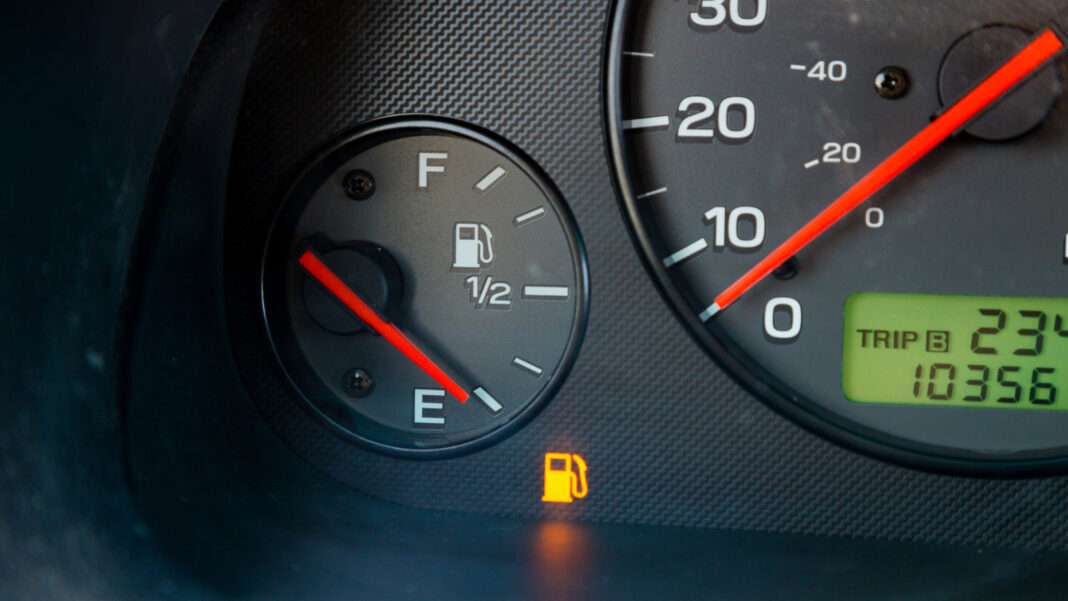Who hasn’t experienced being behind the wheel and anxiously glancing at the fuel gauge as the needle hovers over empty? Whether it’s due to forgetfulness or an effort to squeeze as many miles out of the tank as possible, running out of fuel doesn’t do your engine any favors, and it can be detrimental to you as well. A while back, it was reported that a man was found dead after running out of gas in Death Valley. Even if you happen to be in a populated area with services nearby, when your vehicle becomes starved for fuel, it’s hard on certain parts.
Gasoline isn’t only instrumental in the combustion process, but it also serves to cool certain fuel system components. For instance, the fuel pump (which is responsible for moving gas from the tank to the engine) can start to heat up as you near empty. To function properly, the pump needs a consistent supply of gas. If that supply drops too low, the pump will start moving air instead, which can result in substantial damage.
This scenario can become even worse if you’re driving an older vehicle with many years of debris on the bottom of the fuel tank. As you may imagine, once the pump is desperate to suck up any fuel with a nearly empty tank, that bottom-dwelling sludge can get pulled up into the system and create a clog. According to Kelly Blue Book, to have the fuel pump replaced, you’re looking at between $390 and $900, which is certainly not worth delaying a trip to the gas station.
Running out of gas can also damage the engine and catalytic converter(s)
It isn’t only the fuel pump that suffers when pushing your luck with the gauge on empty — other vehicle components can also experience trauma. Modern engines are complex and computerized, and they’re able to adjust precise details during operation, like the specific mixture of fuel to air. When gasoline becomes scarce, insufficient fuel is going to reach the cylinders, throwing off the mixture, and causing misfires.
The engine not firing properly is bad enough, as misfires can cause jittery acceleration and choppy idling, but it can get worse. The ECM (engine control module) takes in data from various sensors around the engine. When your cylinders start misfiring, the ECM will adjust the combustion mixture to include more fuel. The problem is, if you’re on empty, there isn’t any more fuel to deliver, and this can lead to something called engine knock. Essentially, the sound is a result of mistimed waves of pressure colliding within the cylinder. Over time, engine knock can cause serious internal damage.
Misfires can also allow what little fuel is entering the engine to escape unburned and make its way to the catalytic converter. A catalytic converter is a component in the exhaust system, which, through a series of complex chemical reactions, converts toxic materials into less harmful ones before allowing them to leave the car’s tailpipe. For a more thorough explanation, this catalytic converter deep dive explains that expensive black box under your car. If too much unburned fuel reaches the catalytic converter, it can cause the part to overheat, which can result in substantial damage and an expensive repair.





